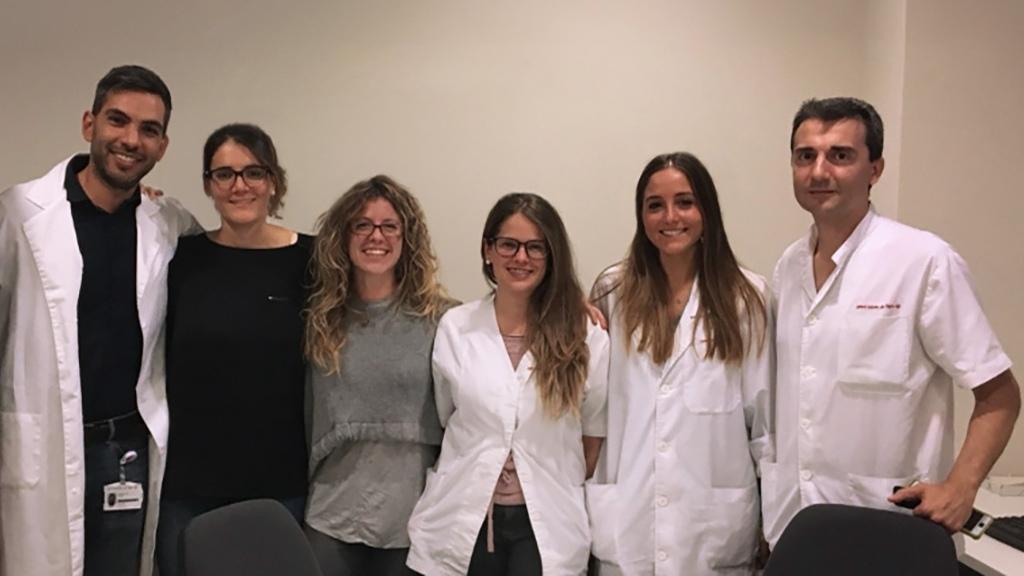The SJD Barcelona Children’s Hospital monitors all patients with syndromes that predispose them to pediatric cancer

Between 10 and 20% of children diagnosed with cancer have an underlying syndrome such as neurofibromatosis or tuberous sclerosis.
More than one hundred syndromes predispose a person to developing cancer. In the pediatric population, between 10 and 20% of children diagnosed with cancer have an underlying syndrome, such as type I neurofibromatosis, or tuberous sclerosis—two neurocutaneous diseases that can cause tumours to develop in any organ in the body—as well as other health issues, such as neurodevelopmental disorders.
Tumours are benign in a significant proportion of these cases, but if left untreated, they can become malignant or cause severe health problems for the child, such as loss of vision or mobility. For more than 15 years, the SJD Barcelona Children's Hospital has boasted a specialised unit to monitor these patients so that, if cancer does develop, they can be diagnosed as soon as possible.
‘For patients who have been diagnosed with a syndrome that predisposes them to cancer, we perform a screening and then monitor them closely. The difficulty there is that, since these are rare diseases, many children are not even diagnosed in the first place. This can happen either because the symptoms of the disease are not spotted by the family, or perhaps because, despite symptoms impacting the child's life, their primary care physician does not think to associate them with a rare disease,’ explains pediatric oncologist Héctor Salvador, Unit Head.
The Neurocutaneous Diseases and Cancer Predisposition Unit also handles children who have already been diagnosed with cancer. ‘In these cases, and depending on the patient's history, the type of tumour they have and the results from genetic screening, we assess whether the patient could have a cancer-predisposing illness. If they do, and there is a risk that they could develop another tumour, we monitor them closely. At the same time, we also offer the family genetic counselling, because most of these diseases are hereditary. Knowing this information can be helpful if the parents have other children or wish to have more,’ notes Salvador.
Based on the disease, and in line with available evidence, unit staff recommend treatment plans and therapies to Oncologists, for example, advising to avoid a treatment because it does not work well against a specific syndrome or illness.
Unit staff also tend to other patients who, while they do not have cancer, show signs of having particular syndromes, such as body asymmetries, cutaneous stigmata, blood disorders, etc. These children undergo screening to confirm whether or not they have a cancer-predisposing syndrome and, if so, they are monitored closely.
At present, the Neurocutaneous Diseases and Cancer Predisposition Unit tends to more than 600 patients. Of these 600 children, 20% come from outside of Catalonia, and a significant portion have type 1 neurofibromatosis (more than 400) and tuberous sclerosis (90). Furthermore, over 300 patients suspected to have a cancer-predisposing syndrome are assessed each year, with more than 60 receiving a confirmed diagnosis.




